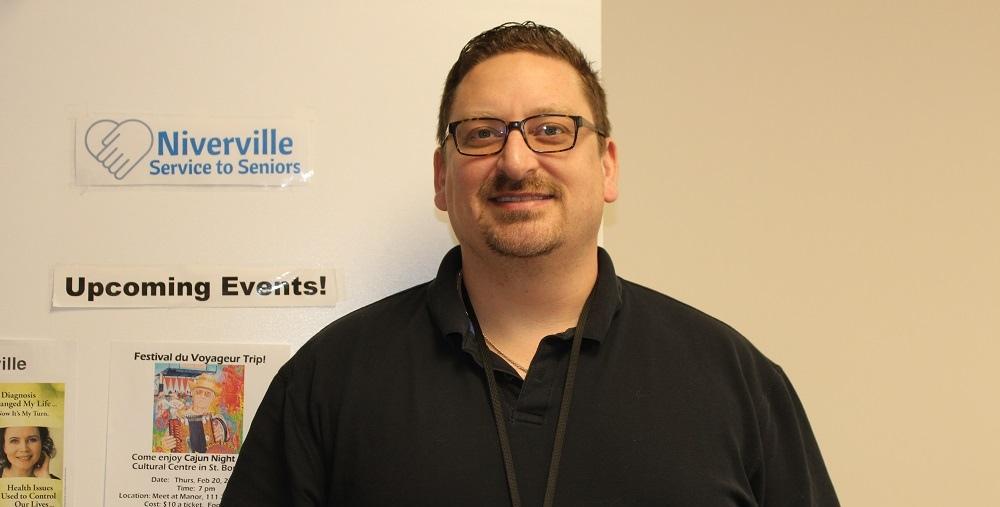While there was some confusion over the past number of years as to the continuation of the Wheels of Hope service to this area, Niverville Service to Seniors coordinator Damien Gagne is pleased to say that the program has been reinstated and once again promises to be of support to cancer patients.
The Canadian Cancer Society’s Wheels of Hope program is one of the largest volunteer-run programs in North America, providing transportation assistance for people with cancer since the 1950s.
Their goal is to provide people in treatment with rides to their cancer-specific medical appointments at hospitals and cancer centres in Manitoba.
“It’s a huge godsend for people that are already sick and don’t need that [added] stress [of finding rides],” Gagne says.
He adds that those dealing with cancer often require numerous and regular trips to cancer care centres for a variety of appointments and treatments. Some treatments require a patient to go to Winnipeg or Steinbach five days a week for weeks on end.
Those who have been in these shoes understand the challenge of finding friends or family who can be available to drive them to appointments. As well, the cost of gas and parking quickly add up and become cost-prohibitive for many people.
“[Wheels of Hope] picks you up and they’ll drop you off at your appointments and all you have to do is pay $100 per year,” says Gagne.
According to the Cancer Society’s website, compassionate assistance is also available for those who find even the $100 registration fee difficult to manage.
Gagne discovered Wheels of Hope only recently while attempting to find cost-effective ways for one of his senior clients to get to her cancer appointments. While he runs a ride program through Service to Seniors, at $25 to $35 per ride to Winnipeg or Steinbach, it would have meant spending thousands of dollars for this cancer victim.
Another of his clients told him of her experience with Wheels of Hope during her own cancer journey several years prior. Today, she’s healthy and living in remission from the disease.
“[Wheels of Hope gave her] that reduction in stress which really helped her focus on healing,” Gagne says. “She did heal and she did survive. She’s in remission and… I’m glad she’s still here.”
However, a call to the Canadian Cancer Society on behalf of his other client produced an answer he didn’t want to hear: the Wheels for Hope program no longer provided direct pickups in Niverville and the surrounding area. Patients were expected to drive to Steinbach to make use of the service.
Gagne says, upon hearing the news, several of his clients and friends began making their own calls to the Cancer Society, requesting the return of the program to rural Manitoba.
Within a short time, Gagne received an email from Katharine Yurkiw, Prairies Division Manager for Practical Services for Wheels of Hope.
According to Yurkiw, an executive team performed a review of the situation.
“We understand how important it is to ensure our program does not prevent those who need it the most,” Yurkiw told Gagne. “The decision has been made to allow the volunteer drivers to continue picking up clients in the areas surrounding Steinbach to ensure we deliver them to attend the Cancer Treatment Centre in Winnipeg.”
The Citizen also contacted Yurkiw for answers as to why the program had been cut to this area in the first place. Yurkiw says it had never been cut and she is unaware how information of that nature got out in the first place.
Whatever the situation, Gagne is glad that the service is once again available to his client dealing with cancer.
“I want to say how grateful I am to the Canadian Cancer Society for bringing back Wheels of Hope to our community,” Gagne says. “I’m hoping that if anyone feels touched by this great program that they’re going to support the cancer society.”


